10 Most Common Reasons For Japan Visa Rejection and What You Can Do About It
Getting a visa is quite nerve-wracking; you may get approved or denied. For Filipinos, we feel this since our passport is not as powerful as Japan’s or the US’. In case you are applying or applied for a visa to the Land of the Rising Sun, this article will be helpful. Know what the common reasons are for Japan Visa Rejection and what you can do about it.
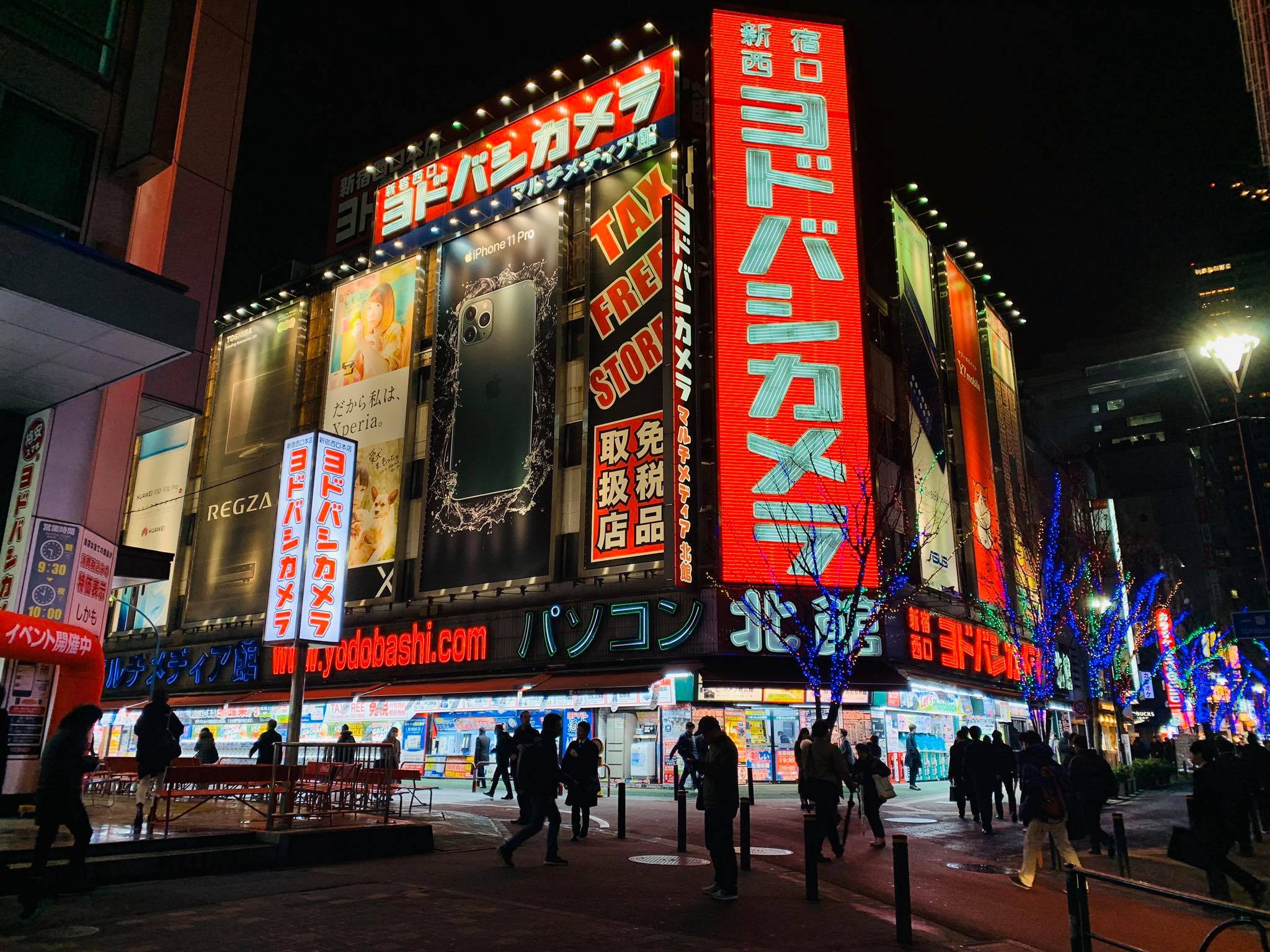
Unlike the Schengen or Korea visa, the Embassy does not give the specific reason for rejection. It’s one of their countermeasures to avoid future applications to be misappropriated. If you don’t want a Japan Visa Rejection, it’s better to know what are the common reasons applicants get denied Also, if you ever got denied, maybe one of these are the causes by you got rejected.
- How to Apply For A Japan Multiple-Entry Tourist Visa with Your Philippines Passport
- My 3 Day Tokyo, Japan Itinerary – The Best Things to Do on a Weekend Trip!
- 10 Attractions in Tokyo for Pictorial: Our favorite Tokyo Instagram Spots!
- 3 Day Osaka, Japan Itinerary: The Cool Things To Do in Osaka!
- How to Apply For A Single Entry Japan Tourist Visa with Your Philippines Passport
Table of Contents
1. Criteria of Visa Issuance
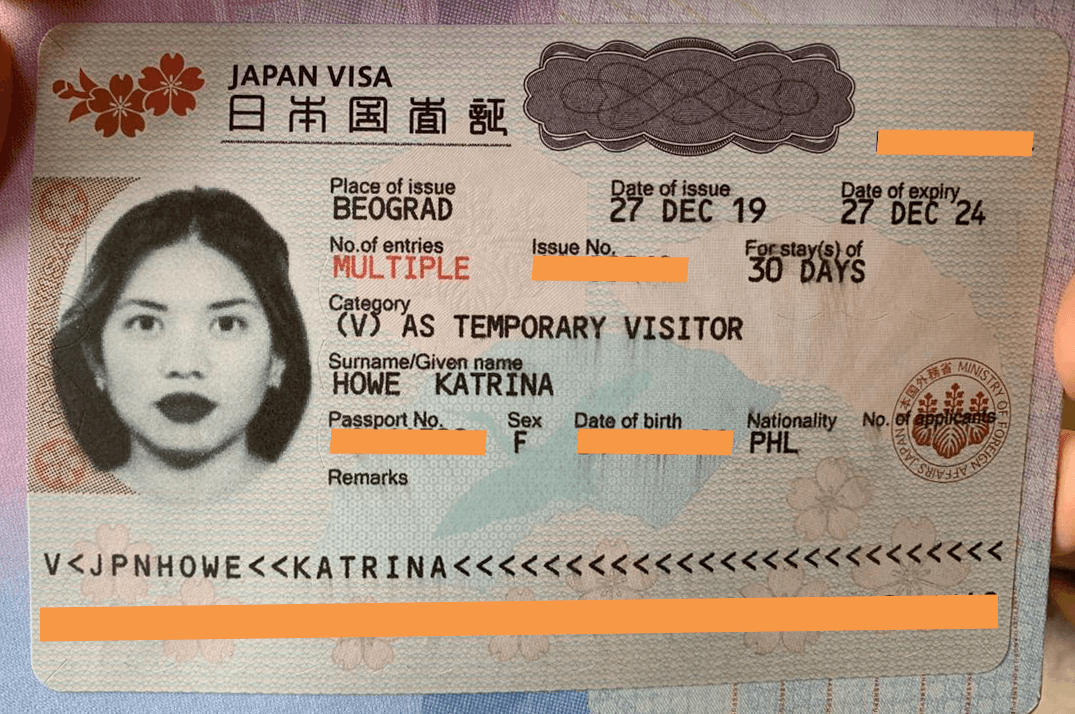
As per the Ministry of Foreign Affairs, an applicant can be issued a visa when s/he meets the following requirements:
- With a Valid Passport and is entitled to re-entry to a country of his/her nationality or residence
- Submitted authentic, complete, and satisfactory documents
- Activities to be engaged in Japan or the period of stay meets the requirements
- The applicant doesn’t fall under Article 5, Paragraph 1 of the Immigration Control Act
Immigration Control Act
Section 2, Article 5, as per this document includes:
- People suffering from infectious diseases
- With mental disability and unable to understand right from wrong
- Indigent or without a fixed dwelling place
- Violated law or Regulations of Japan or other countries
- Illegal possession of narcotics or psychotropic substances
- Engaged in prostitution or solicitation of them
- Committed or aided in human trafficking
- Illegal possession of firearms or weapons
- Denied landing or deported from Japan
- Organizes or a member of an organization that encourages violence, illegal damage, disruptions, etc
Now, here are some common reasons for Japan Visa Rejection
2. Incomplete Documents
Here are the documents you might need and some notes:
- A Valid Passport – this should have at least 2 blank pages, and be valid for at least 6 months, if not, your visa may get rejected
- Completed Visa Application Form – make sure this is neat and clean, blanks should be “N/A”
- Passport Photo – 4.5 cm x 4.5 cm, place your name and birthdate at the back of the photo and paste this to your application form. Please follow the instructions.
- PSA Birth Certificate – issued within one year
- Marriage Contract – if married
- Daily Schedule – use this form, a complete itinerary must have address and contact numbers of where you are staying
- Questionnaire – completed and signed
- Bank Certificate – valid within 3 months, this must show your account name, type, start date, and average daily balance. This is different from a Bank Statement
- Income Tax Return – should you not pass this, you can make a cover letter to explain why you can’t pass it
- Guarantee Letter – with this format, in case you do not shoulder all your expenses, along with his financial documents like Bank Certificate or ITR of your guarantor
- Proof of relationship – if you have a guarantor, it may be a birth certificate, marriage certificate, conversations, pictures together, etc.
It is also stated that documents should be in A4 Size Paper. Keep it neat and clean. The Japanese are very organized. If you don’t follow their instructions, there’s a possibility you’ll get denied a visa.
3. Inconsistency in the Application
Should you place in your application form that your intended stay is only a week, but in your daily Schedule its 15 days of traveling, then you might get rejected. Double-check your documents that they are in line with each other.
Another example is that your place of stay is in Tokyo as per your application, but your itinerary and port of entry are all in the Kansai Region (Osaka-Kyoto-Nara). The immigration officers are knowledgeable of their area, so this might raise their suspicion and get you denied.
4. Abnormal Bank Balances
How much is show money needed in Japan? There’s no specific answer to this question; some say PHP 10,000 a day, some say 5K or 20K. However, you’ll need a balance that’s more than enough for your stay. I’d go for PHP 10,000 per day per person plus extra on flights.
Now, if your money is okay, there might be abnormalities in your bank balance that may cause a Japan Visa Rejection. How will they know? Through the ADB or Average Daily Balance. If you deposited a one-time significant amount just for “show money,” but your ADB is less than half or a quarter of your balance, then the Embassy might get suspicious. It’s better if your savings or the bank balance is growing at a reasonable pace, and your ADB is more than half of the balance.
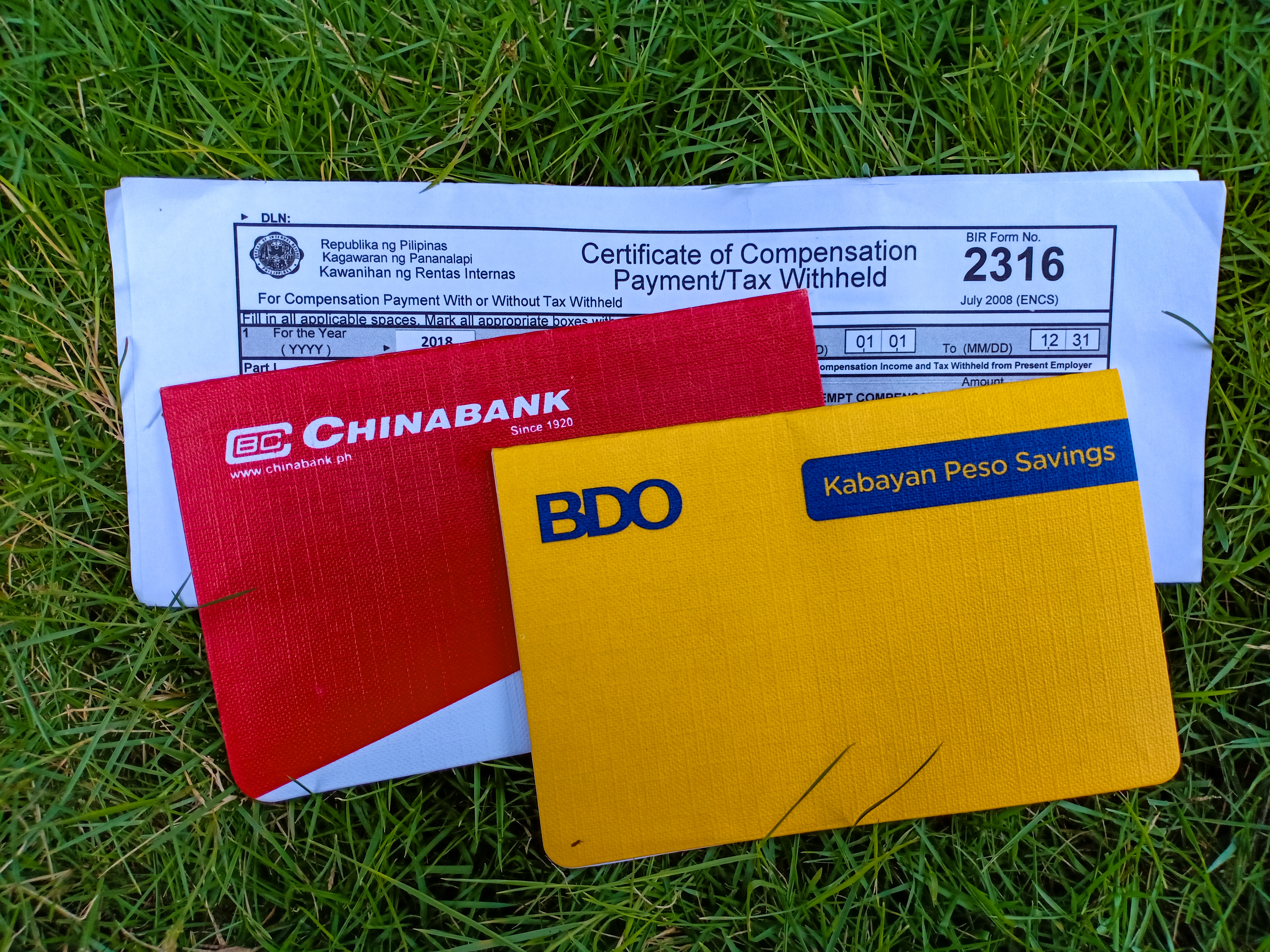
5. Visa Application Type
If you are there for a business meeting and you are invited by a Japanese Company, don’t apply for a tourist visa. They also have a short-term business affairs visa with different requirements. This is one reason that your Japan Visa may get rejected.
With regards to having relatives, it’s more concrete to have an invitation letter and other family requirements like Kosekitohon, Jyuminhyo, etc. if you are staying for long. The purpose of the visit will be visiting family or relatives than tourism.
6. Incorrect Forms
The forms that you will be using are on the Embassy’s website. They are what you’ll need to use or follow. Some are in MSWord format, so it’s easy to edit. If you don’t follow instructions, this might get your visa denied.
7. Falsification of Documents
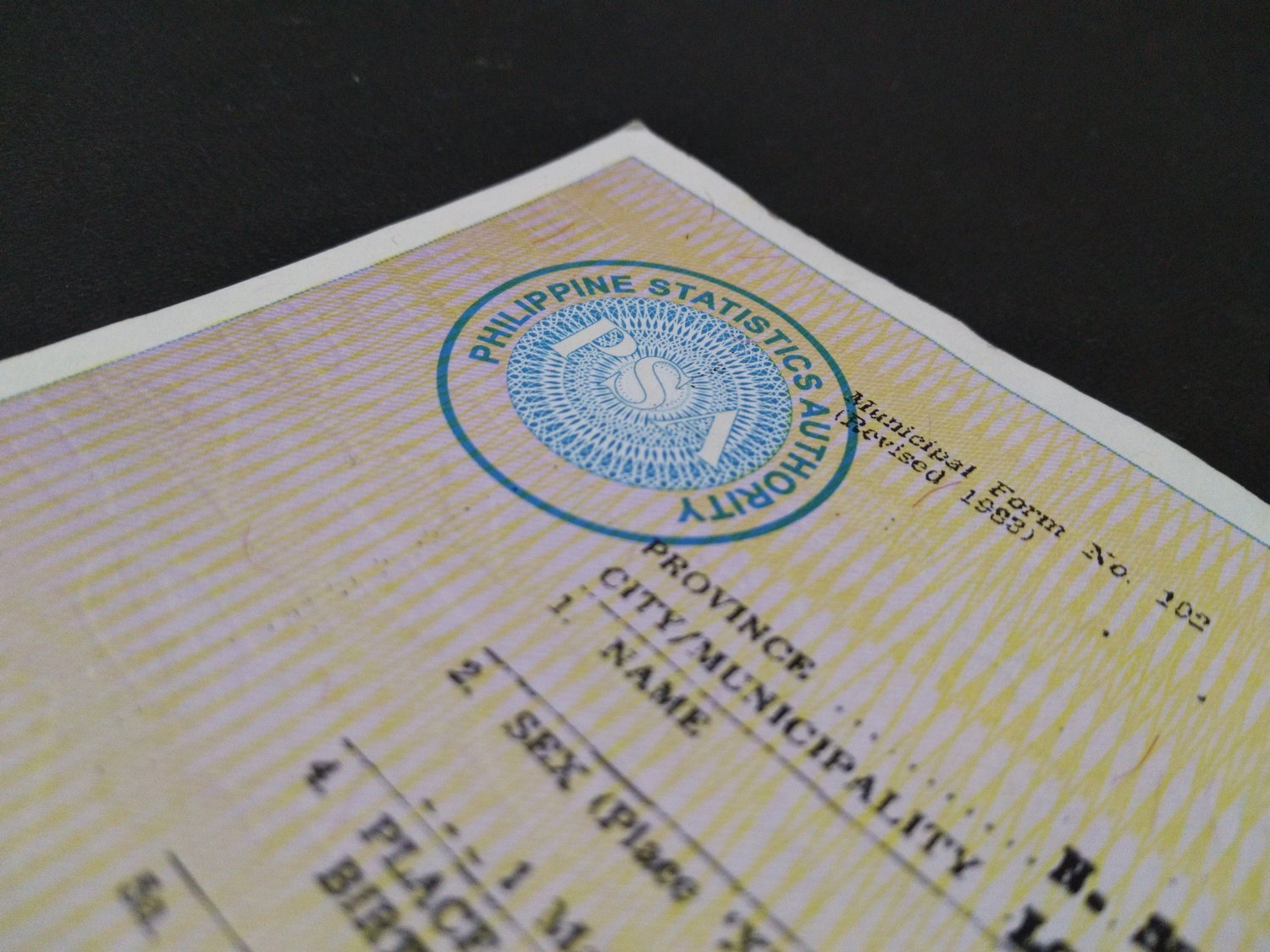
A criterion in getting a Japan visa is authentic documents. Now, if you passed a Birth Certificate, not from PSA but from Recto, and they check it, then you might not only get rejected but banned.
Also, if you are going to pass a Certificate of Employment, make sure it’s verifiable so that they can contact the Company.
Please also note that you can also be imprisoned or pay a fine if you are caught with falsification.
8. Weak Ties with Inviter or Sponsor
If you are invited by a friend in Japan you have met online but have not seen personally; it’s a red flag. There is a big chance you’ll get denied since the Embassy might think you’ll be trafficked. Please, if you want to go, you can save and plan on your own. It’s also better if you travel with your family or other friends rather than meeting a stranger you met online.
It’s recommended that your sponsor or inviter is someone who knows you personally for three years or more. You might want to send pictures or conversations together so that you’ll prove your relationship.
9. Work Speculation

If the Embassy thinks you have no reasons for coming back, you might probably get denied for a Japan Visa. People who are unemployed and have no strong ties may be speculated. This is because the Embassy might think that you are they visit Japan for job hunting purposes, too.
If you want to prove that you won’t work and come back to your country, you can attach flight ticket reservations, your hotel bookings, attraction tickets, assets, or your children’s birth certificate. Here are Ways to Prove Deep Ties in your country.
10. Previous Visa Violations
If you were granted a Visa in Japan but have not followed the rules like overstayed or worked under your tourist visa, then you may get denied on your next application. Related questions are asked in the Application Form, and you must answer them honestly. If not, you might also get rejected if they find out you indeed broke the rules but did not state in your application.
These are the common reasons for Japan Visa Rejection. It’s better to double-check and take pictures of all the documents you have submitted to review them in case you get approved or denied. If it’s not one of these, then there might be something else the officers have noticed that got your rejected. I hope and pray that on your next application, you will be approved! Happy travels!

Are you on Pinterest? Pin these!

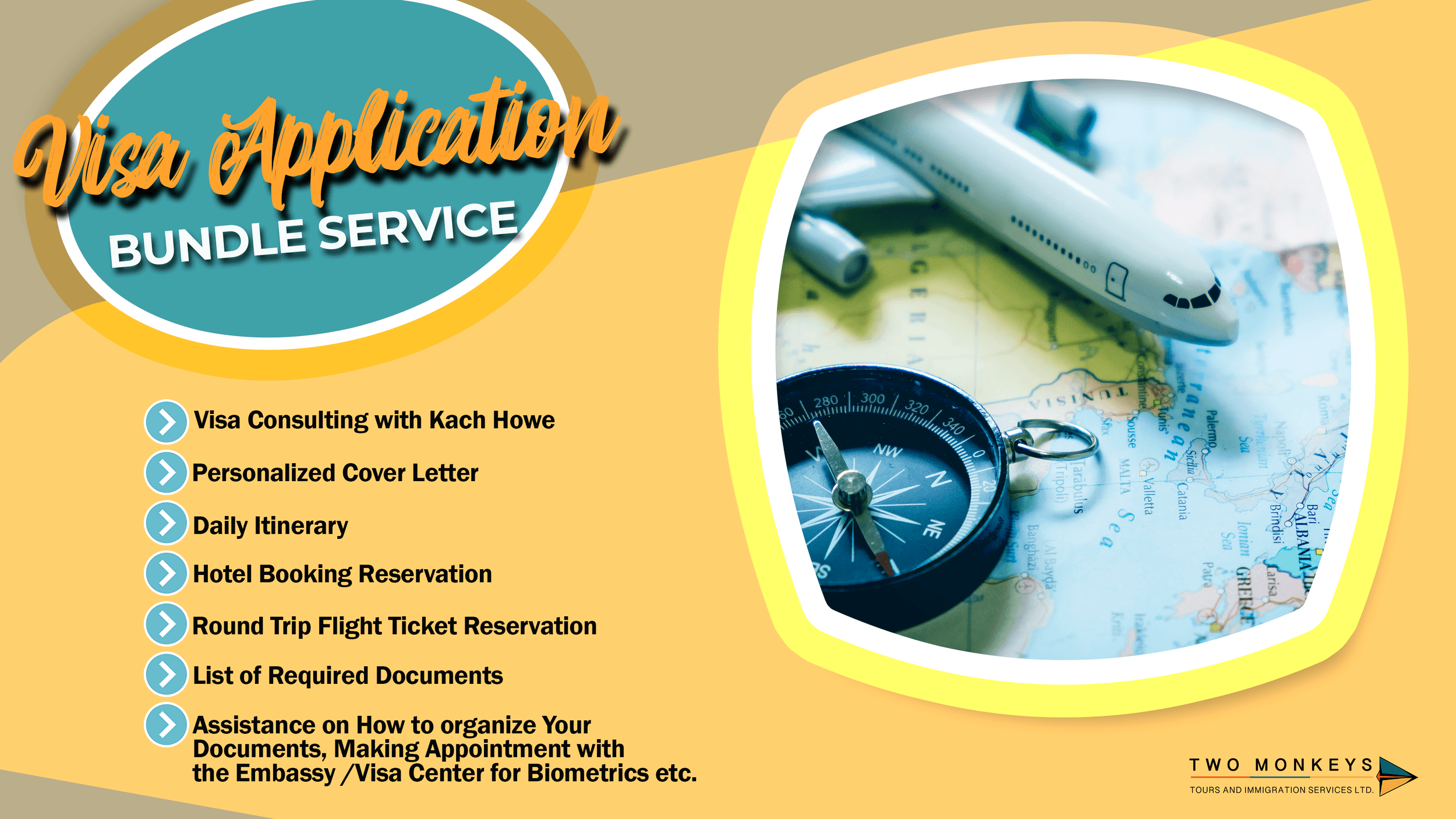
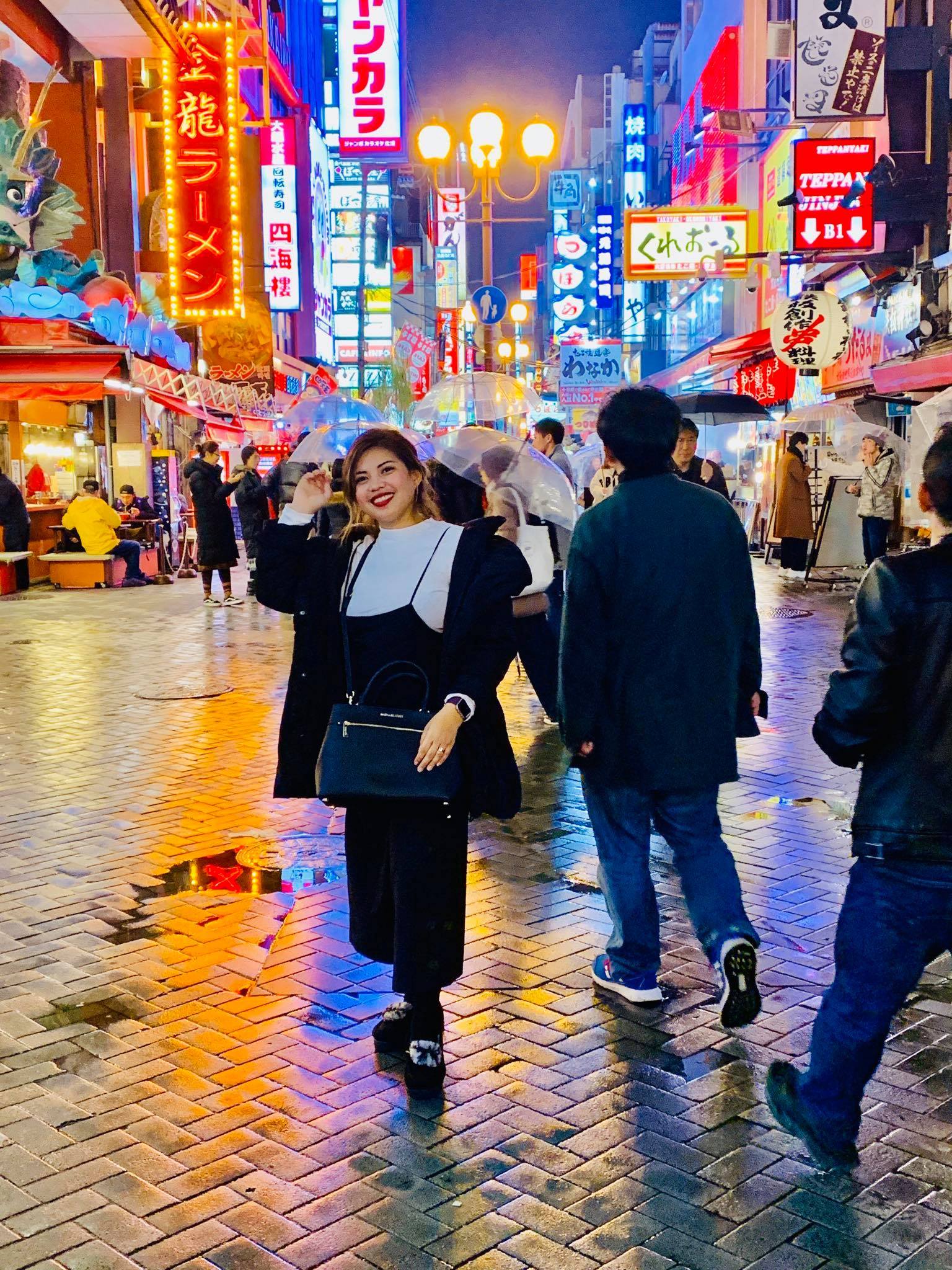
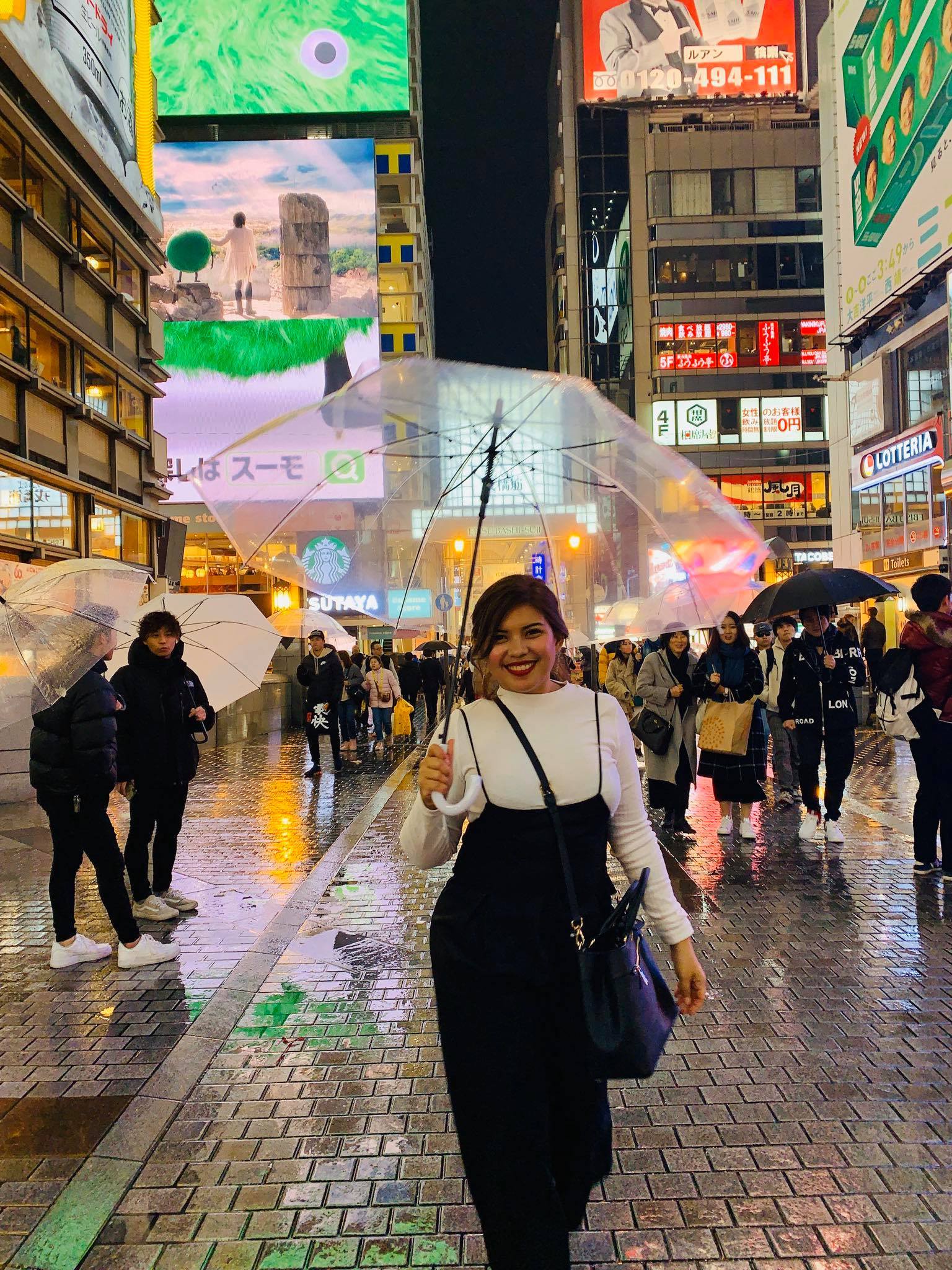


I just have a question about my son that I gave birth in Japan and my son was named after my sister by his Japanese husband, can I apply for a visa as his real mother?
An Inquiry from someone.
You can apply for a visa; you’ll need an invitation.
What does abc marked on passport from Japan embassy?
I took a month off to visit my country. There I fell ill from covid and suffered for a long time. finally, I was able to come back after 3 months and 10 days.
From: Saturday, 27 November 2021
To: Wednesday, March 8, 2022
This is 102 days from the start date to the end date.
Or 3 months, 10 days.
I have traveled abroad again for about 1 month for family urgency.
Currently, I am holding an engineer-type visa category.
I plan to apply for a “high skill” visa.
Question:
1. I need to know if I am still eligible to apply for this type of visa migration. If I am not eligible, when will I be eligible to apply for this visa migration again?
2. If my score reaches above 70, do I still need Japanese language skills to transfer my visa to the “High Skills” category?
I have being leaving in Japan since 2014. I married an America citizen in 2016. We both live together. My visa is dependent. We get divorce now. I have a sickness which requires that I must take injection every 2 weeks. I am currently un implored.
What type of visa can I use now to stay in Japan since I am not married and I am sick.
Are you in Japan right now?